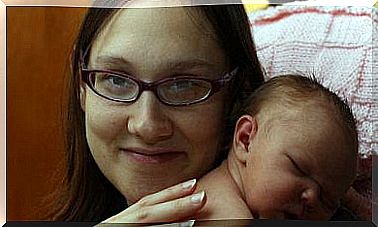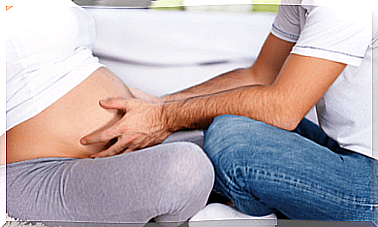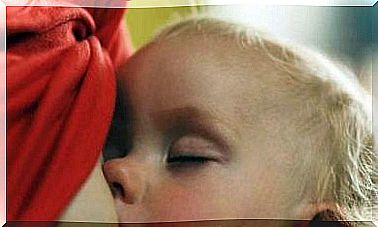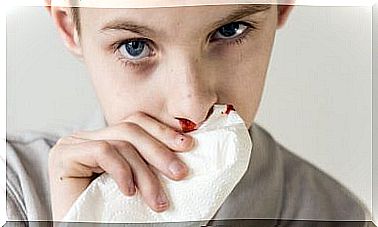Neonatal Withdrawal Syndrome
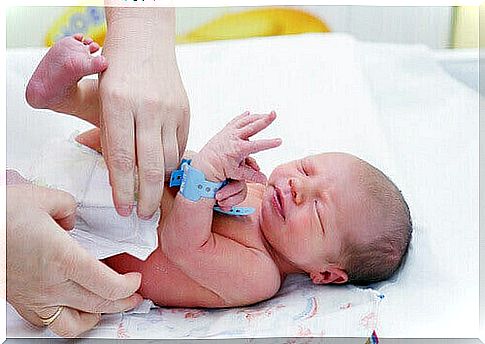
Newborn withdrawal syndrome can affect babies who have been exposed to intoxicants during pregnancy. The adverse effects of drugs on the fetus and its development have been studied for decades, and unfortunately neonatal withdrawal syndrome is an increasingly common phenomenon.
Neonatal withdrawal syndrome
Drugs such as amphetamine, barbiturates, cocaine, diazepam, marijuana, and opiates cause numerous negative consequences for both the expectant mother and the fetus. The same goes for misused prescription drugs, alcohol, and tobacco. Neonatal withdrawal syndrome occurs because the intoxicant finds its way into the placenta and thereby into the developing fetus in the womb. This is how both mother and baby develop drug addiction.
When a baby eventually stops receiving these drugs at birth, he or she develops withdrawal symptoms. This is due to overstimulation of the baby’s nervous system, which occurs in the body when it no longer receives the substance caused by the addiction. Neonatal withdrawal syndrome can last from one week to up to six months, and in addition, it causes psychological, psychosocial, and clinical changes in the child.
Common symptoms of neonatal withdrawal syndrome include:
- Congenital defects
- Underweight
- Irritability, excessive crying and sleep problems
- Digestive problems (diarrhea, vomiting, poor diet or weight gain)
- Rapid breathing, sweating, or convulsions
- Premature birth
- Small cephalic perimeter
- Sudden death (in extreme cases)
Diagnosis of neonatal withdrawal syndrome
The severity of symptoms is affected by the severity of the drug abuse, as well as what kind of drugs the mother has used during pregnancy, how much, and for how long . The effects thus depend to a large extent on how long the baby has been exposed to the drug.
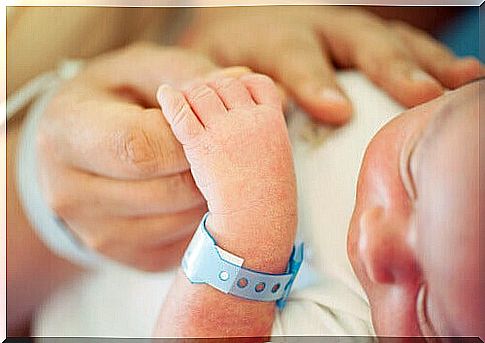
To identify withdrawal syndrome in young children, the mother should always be asked about the above factors. Logically, therefore, it is important for the mother to answer the questions truthfully so that the problem and any future symptoms can be addressed correctly.
In addition to the survey, the mother can in certain cases also have urine tests to assess symptoms according to the Finnegan scale (MeHS scoring system, which gives points according to the severity of the patient’s condition, to determine the right treatment) and urine and baby’s first faeces.
Treatment of neonatal withdrawal syndrome
The treatment instructions are a very similar story to those associated with the symptoms. It is therefore essentially influenced by the information about what drugs the pregnant mother has used, ie to which drugs the baby has been exposed.
During the first week, doctors monitor the baby’s health status at all times. They analyze how the baby sleeps, whether it eats well, whether the baby’s body is otherwise functioning normally, and whether the baby is experiencing some withdrawal symptoms. Doctors also monitor the baby’s height as well as weight, and even muscle mass density.
The simplest way to soothe a baby with Newborn Withdrawal Syndrome is to provide the baby with the most peaceful growth environment possible, reflect the baby lightly in either the lap or cradle, and chat to the baby calmly by whispering in his or her ear.
In some cases, doctors may elect to dispense small amounts of drug substance for the baby, which is dependent on the mother during pregnancy predispose the baby. The dose and administration of the drug are then gradually reduced, thus alleviating the severity of the withdrawal symptoms suffered by the baby.
However, this is only necessary in the most severe cases of addiction, and only about half of babies with withdrawal syndrome end up with this treatment. If your symptoms are severe, your doctor will prescribe other medicines, such as phenobarbital or clonidine. In doing so, they also provide the baby with a broader and more advanced treatment.
As for food, a very sensitive topic when talking about a child of this age, the baby is offered foods with a higher calorie content, to compensate for the lack of nutrients.
Alarming number of cases
As many as 66% of children whose mothers have abused either drugs, alcohol, or tobacco products during pregnancy suffer from neonatal withdrawal syndrome. In addition, studies carried out by experts from the Faculty of Nursing, Physiotherapy and Podiatry at the University of Seville, Spain, confirm that in Spain, drug abuse has been found to increase in today’s society. This does not rule out the equation of pregnant women, almost 3% of pregnant women using illegal drugs.
In the UK, women who use drugs account for about 5-10% of births. Similarly, in Canada, drug abuse during pregnancy increased from 8.4 percent to 17.2 percent in 2010. In the United States, the figures are equally worrying, with the proportion of 25-year-old pregnant women abusing drugs rising 7.4 percent in 2010.
